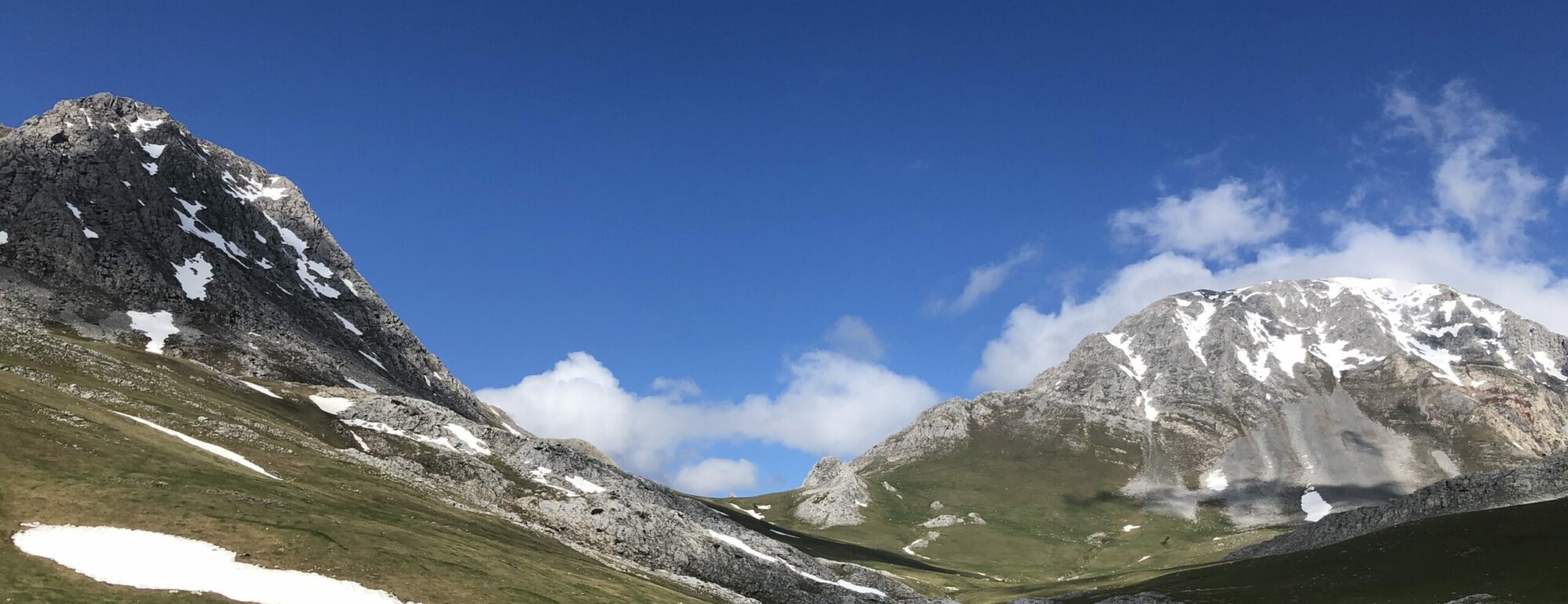Presentation
The Biodiversity Research Institute (IMIB) is a mixed center that includes researchers from the Spanish National Research Council, from the University of Oviedo and from the Principality of Asturias. At IMIB we investigate how environmental changes caused by human activity affect biodiversity, the ecological and evolutionary processes that are the basis of its origin and maintenance, and the processes and ecosystemical services essential for our existence and well-being. We use different approaches -evolutionary, biogeographic, functional, ecological, and socio-economic-, and take into consideration all levels of biological organization, from genetic diversity to ecosystem, spatial and temporal scales, from continental to local scale, and from geological to contemporary.
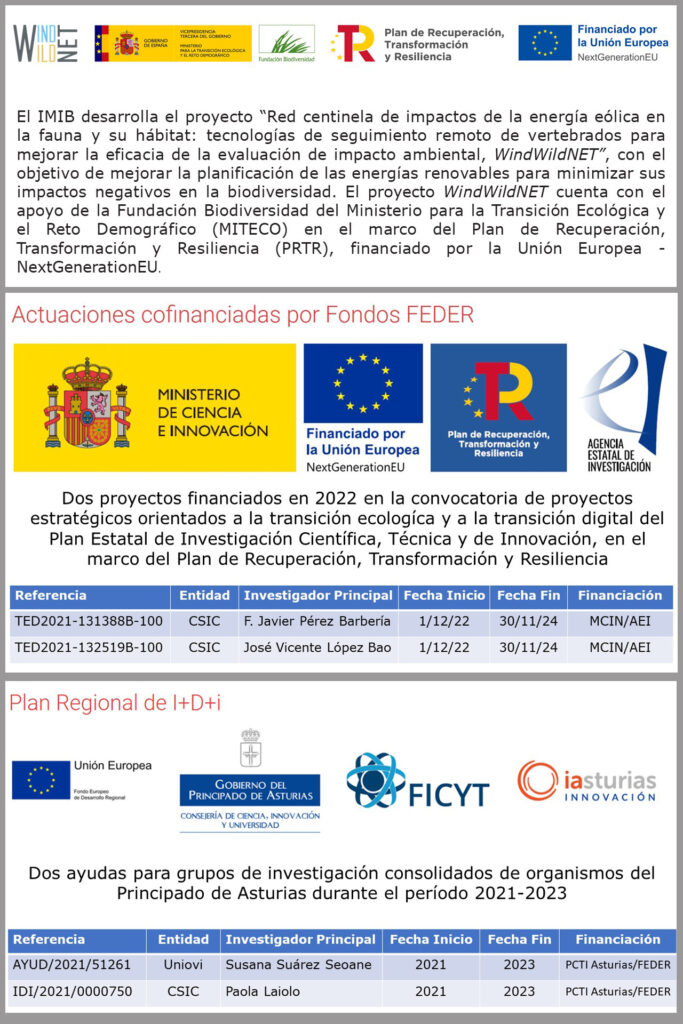
IMIB has obtained financing for:
- Strategic projects TED2021-132519B-I00 and TED2021-131388B-I00 Ministerio de Ciencia e Innovación (MCIN, Spain).
- WindWildNET project (University of Oviedo) with the support of the Biodiversity Foundation of the Ministerio de Transición Ecológica y Reto Demográfico (MITECO, Spain) Recovery, Transformation and Resilience Plan (PRTR), financed by the European Union – NextGenerationEU.
- Two Research groups of organizations in the Principality of Asturias (2021-2023): AYUD/2021/51261 and IDI/2021/000075
Research highlights
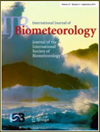 Rauschkolb, R., Bucher, S. F., Hensen, I., Ahrends, A., Fernández-Pascual, E., Heubach, K., … & Römermann, C. (2024). Spatial variability in herbaceous plant phenology is mostly explained by variability in temperature but also by photoperiod and functional traits. International Journal of Biometeorology, 1-15.
Rauschkolb, R., Bucher, S. F., Hensen, I., Ahrends, A., Fernández-Pascual, E., Heubach, K., … & Römermann, C. (2024). Spatial variability in herbaceous plant phenology is mostly explained by variability in temperature but also by photoperiod and functional traits. International Journal of Biometeorology, 1-15.
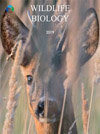 Bañuelos, M. J., Morán‐Luis, M., Mirol, P. & Quevedo, M. (2024). Tracking movements in an endangered capercaillie population using DNA tagging. Wildlife Biology, e01121.
Bañuelos, M. J., Morán‐Luis, M., Mirol, P. & Quevedo, M. (2024). Tracking movements in an endangered capercaillie population using DNA tagging. Wildlife Biology, e01121.
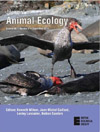 del Mar Labrador, M., Serrano, D., Doña, J., Aguilera, E., Arroyo, J. L., Atiénzar, F., …, Meléndez, L., … & Jovani, R. (2024). Host space, not energy or symbiont size, constrains feather mite abundance across passerine bird species. Journal of Animal Ecology.
del Mar Labrador, M., Serrano, D., Doña, J., Aguilera, E., Arroyo, J. L., Atiénzar, F., …, Meléndez, L., … & Jovani, R. (2024). Host space, not energy or symbiont size, constrains feather mite abundance across passerine bird species. Journal of Animal Ecology.
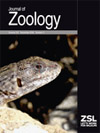 Gort‐Esteve, A., Carbajal, A., López, M., Manteca, X., Ruiz‐Olmo, J., & Riera, J. L. (2024). Faecal cortisol levels in a wild Iberian red deer population are best explained by prior weather conditions. Journal of Zoology.
Gort‐Esteve, A., Carbajal, A., López, M., Manteca, X., Ruiz‐Olmo, J., & Riera, J. L. (2024). Faecal cortisol levels in a wild Iberian red deer population are best explained by prior weather conditions. Journal of Zoology.
 Rossetto, F. & Laiolo, P. (2024). Potential social facilitation through song in bird communities. Behavioral Ecology and Sociobiology, 78(1): 10
Rossetto, F. & Laiolo, P. (2024). Potential social facilitation through song in bird communities. Behavioral Ecology and Sociobiology, 78(1): 10
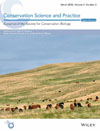 Azevedo, J. C., López‐Bao, J. V., Dias, R., Santos, J. P., Pinto, S., Pereira, J., & de Castro‐Pardo, M. (2024). Perceptions and attitudes of stakeholders on the return of brown bears (Ursus arctos): Contributions from a workshop held in northern Portugal. Conservation Science and Practice, e13064.
Azevedo, J. C., López‐Bao, J. V., Dias, R., Santos, J. P., Pinto, S., Pereira, J., & de Castro‐Pardo, M. (2024). Perceptions and attitudes of stakeholders on the return of brown bears (Ursus arctos): Contributions from a workshop held in northern Portugal. Conservation Science and Practice, e13064.
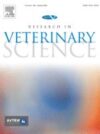 Barroso, P. & Palencia, P. (2024). Camera traps reveal a high prevalence of sarcoptic mange in red foxes from northern Spain. Research in Veterinary Science, 166: 105098
Barroso, P. & Palencia, P. (2024). Camera traps reveal a high prevalence of sarcoptic mange in red foxes from northern Spain. Research in Veterinary Science, 166: 105098
Recent news
 «Research from the University of Oviedo analyzes the impact of climate change on the wild cherry tree and its effects on the brown bear». Actualidad Uniovi, 13 December, 2023
«Research from the University of Oviedo analyzes the impact of climate change on the wild cherry tree and its effects on the brown bear». Actualidad Uniovi, 13 December, 2023
Link to the news in «Actualidad Uniovi»Link to the article in Biological Conservation
